This website uses cookies
We use cookies to ensure that we give you the best experience on our website. If you continue to use this site we will assume that you are happy with it.
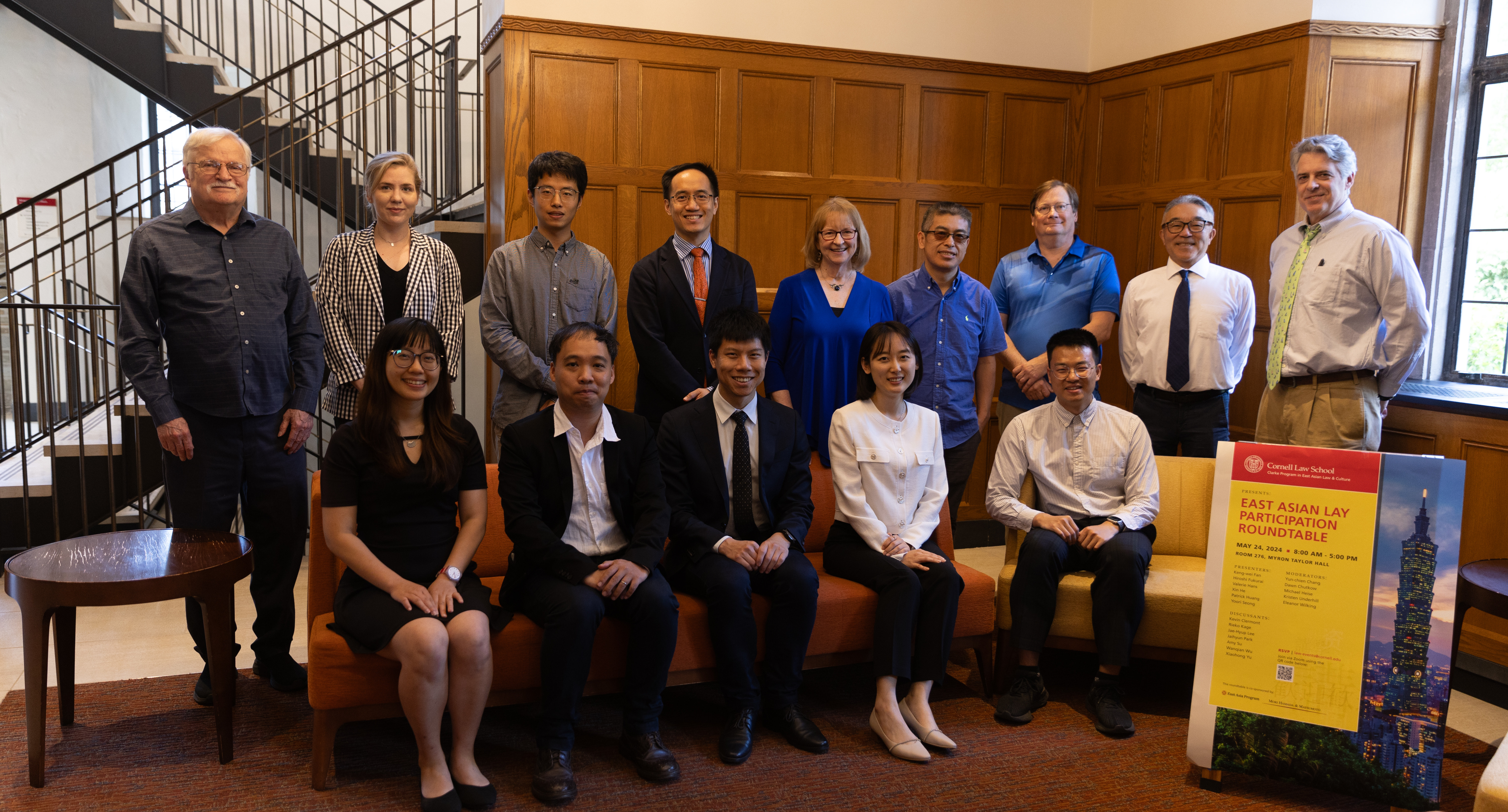
On May 24, Cornell Law School’s Clarke Program in East Asian Law and Culture hosted an East Asian Lay Participation Roundtable. This day-long event brought together esteemed empirical researchers and experts from East Asian countries to discuss lay legal decision-making systems. China, Japan, South Korea, and Taiwan all rely on lay citizens to decide some criminal cases, but lay participation takes distinctive forms in these four countries.
Organized by Prof. Yun-chien Chang, director of the Clarke East Asian Program, and Valerie P. Hans, Charles F. Rechlin Professor of Law, the roundtable featured presentations from leading scholars, including Hiroshi Fukurai, an authority on Japan’s Saiban-in seido, or mixed court system; Yoori Seong, an expert on South Korea’s advisory jury system; Patrick Chung-Chia Huang, and Keng-Wei Fan, both authorities on Taiwan’s lay judge system; and Xin He, an expert on China’s lay assessor system. These distinguished speakers were present in Ithaca to share their insights.
Additionally, the roundtable hosted several notable discussants, including civil procedure expert Kevin Clermont, Robert D. Ziff Professor of Law at Cornell Law School; Amy Su, a Cornell graduate student and empirical scholar; Xiaohong Yu, a China expert; Rieko Kage, a Japan expert; Jae Hyup-Lee and Jaihyun Park, both South Korea experts; and Wanqiang Wu, a visiting researcher at the Law School. Some discussants joined virtually, contributing to the diverse and comprehensive dialogue.
The event focused on two major themes. The morning session explored the development of lay participation systems in China, Japan, South Korea, and Taiwan. Discussions delved into the political, social, and legal forces that led to the introduction of lay participants in the criminal legal systems of these countries. The session aimed to understand the influences shaping these systems, including the impact of legal transplants and experiences from other countries.
In the afternoon, the focus shifted to the functionality of these systems, drawing on existing empirical research. The session examined whether the goals of incorporating lay participation had been realized and identified any challenges that had emerged. Additionally, it explored the impact of serving as a lay judge, assessor, or juror on the individuals involved and suggested future empirical research projects.
The sessions were expertly moderated by Cornell Law faculty members Michael Heise, William G. McRoberts Professor in the Empirical Study of Law; Dawn Chutkow, visiting professor of law; Kristin Underhill, associate dean for faculty research and professor of law; and Eleanor Wilking, assistant professor of law and Gearns-Russo Family Faculty Fellow.
“The conference was an extraordinary opportunity to engage in exchange and debate about the strengths and challenges of these diverse systems,” said Prof. Hans. “The synergy among the Asian and US participants was excellent. I learned a great deal about how lawyers, judges, and policymakers have drawn on experiences in other Asian countries to design and reform their own approaches to incorporating lay citizens into their legal systems. It was also fascinating to hear from our terrific speakers about new empirical research on how lay participation is operating in Asia.”
The roundtable represented a significant opportunity for scholars and practitioners to engage in meaningful dialogue about the evolution and impact of lay legal decision-making in East Asia. It underscored Cornell Law School’s commitment to fostering international legal scholarship and collaboration.
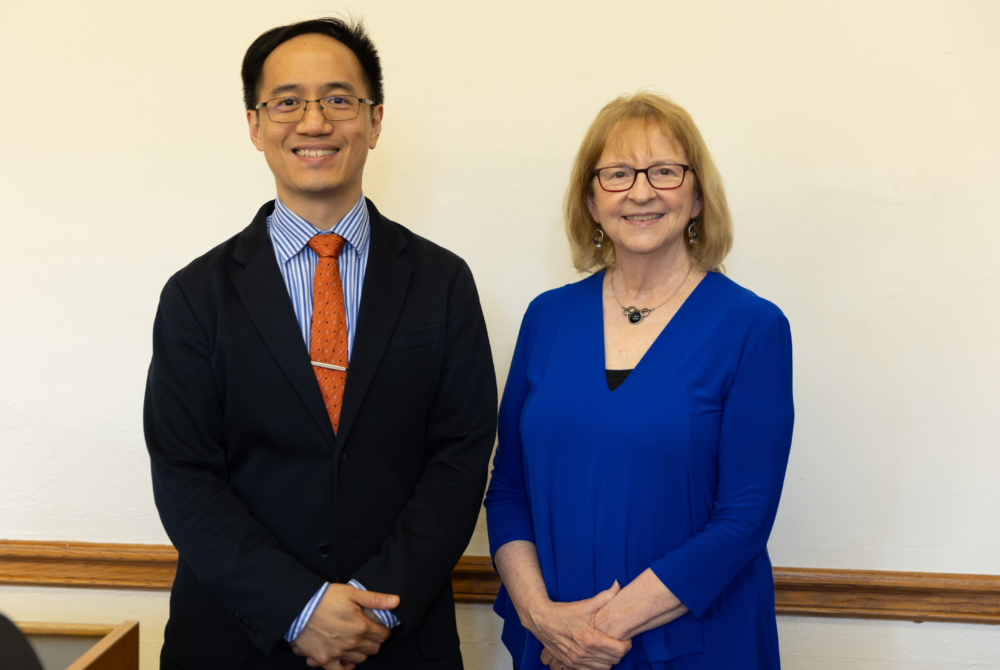
Prof. Yun-chien Chang (left), director of the Clarke East Asian Program, and Valerie P. Hans, Charles F. Rechlin Professor of Law
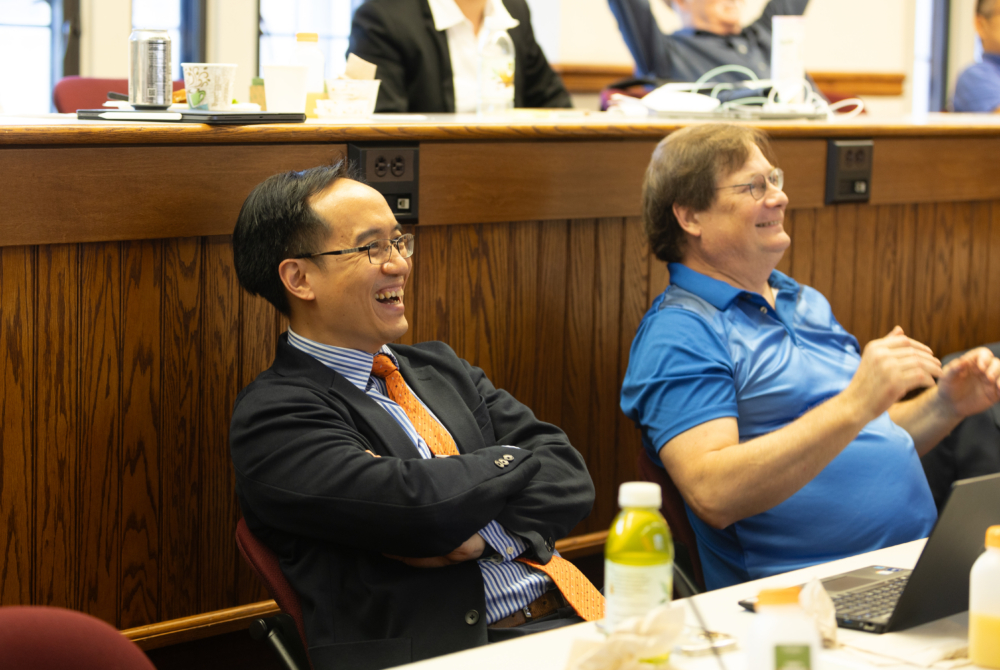
Prof. Yun-chien Chang (left) and Jeff Rachlinksi, Henry Allen Mark Professor of Law
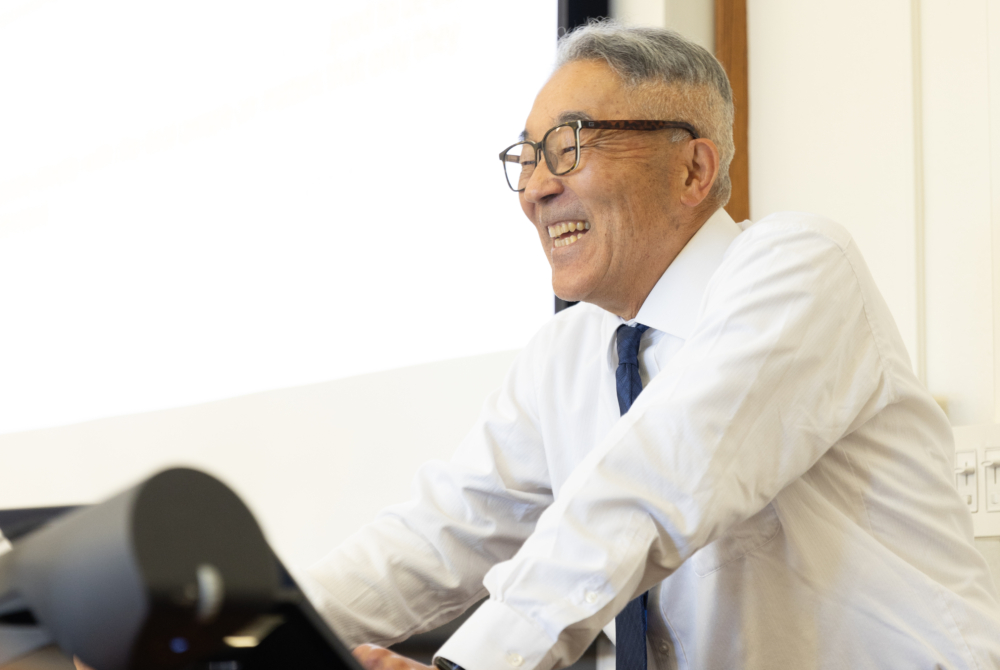
Hiroshi Fukurai
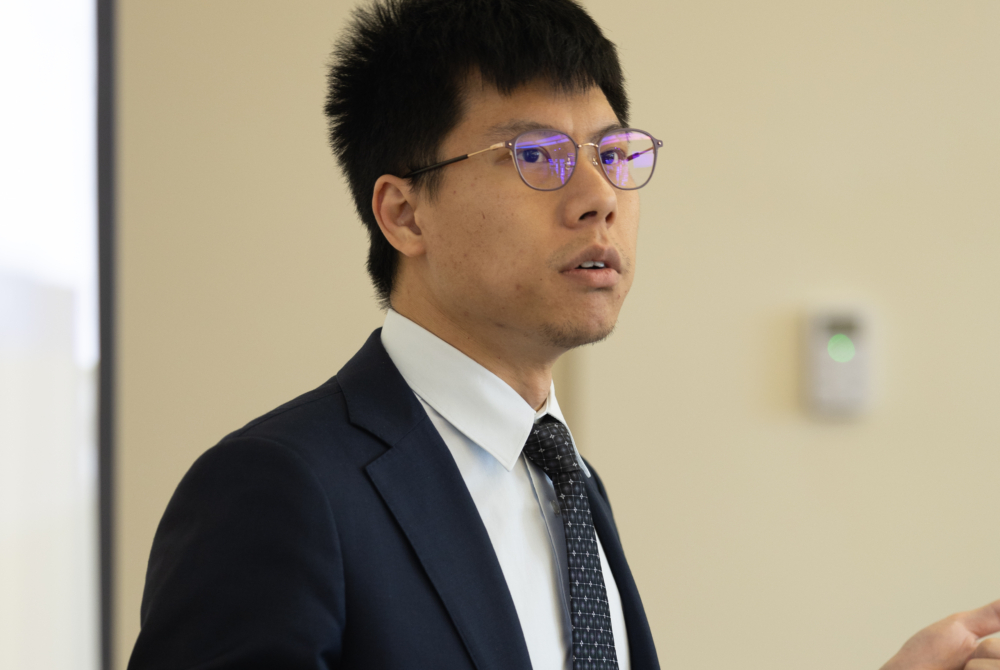

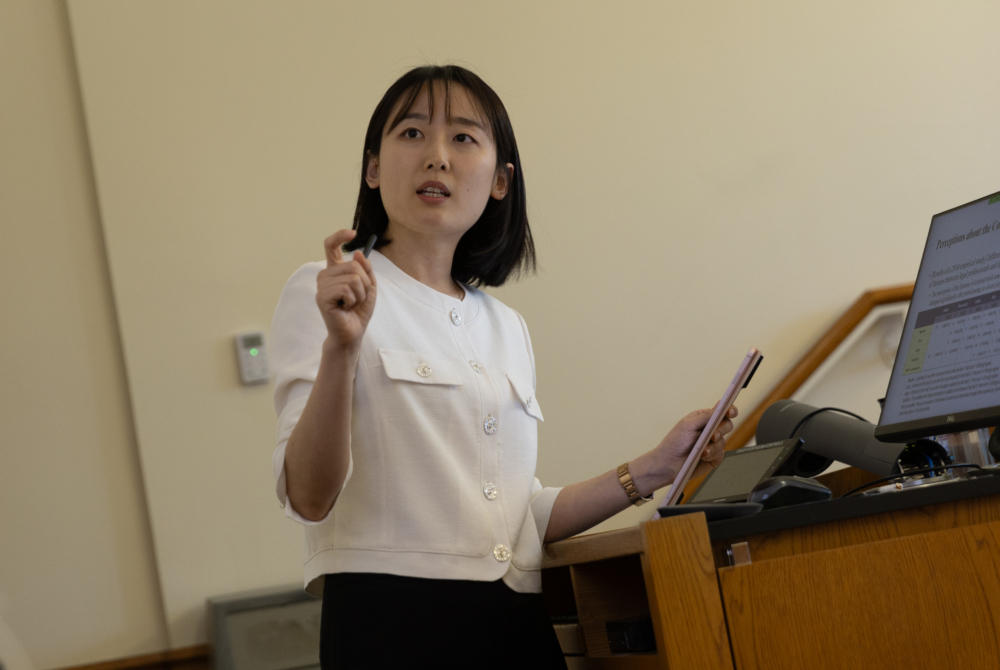
Yoori Seong
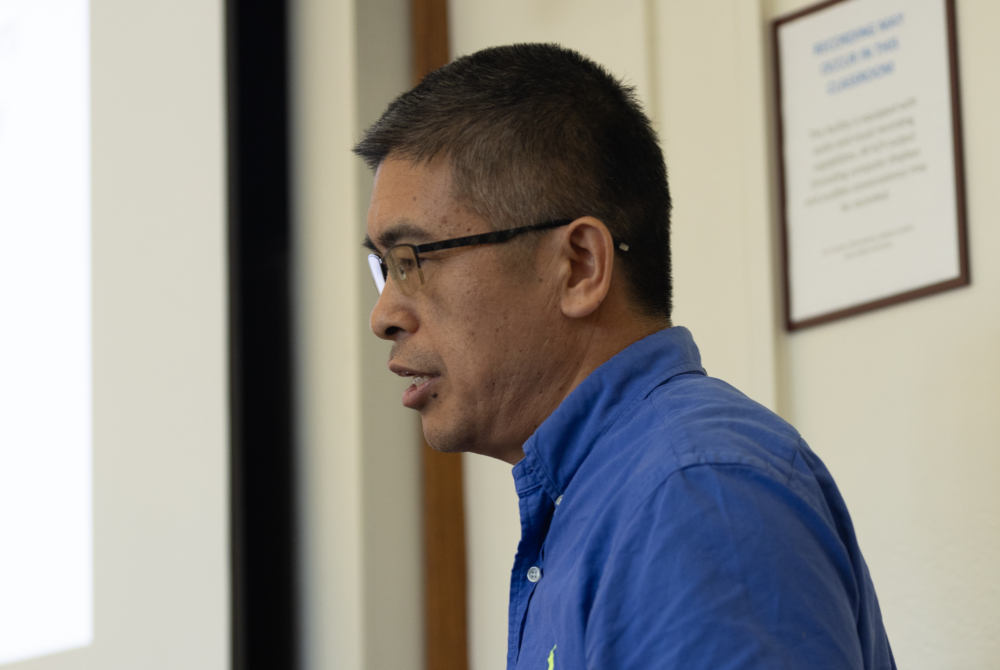
Xin He